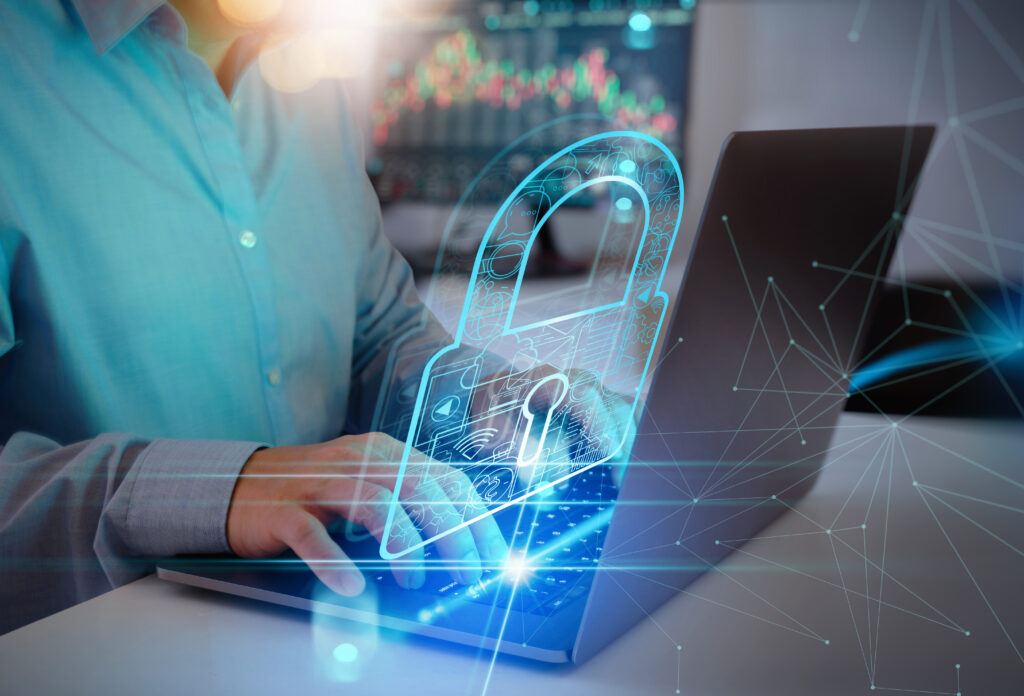- Research
- 2022-2026 Research Strategy
- Open Clinical Trials
- Closed Clinical Trials
- What is a Clinical Trial?
- Why Participate in a Clinical Trial
- Remote Telehealth Pre-Screening Process
- Research Achievements
- Publications
- Research Development and Funding
- Participating Institutions
- International Collaboration
- BCT Trials & Projects Summary
- Translational Research
- Clinical Fellowship Program
- International Fellowship Support
- Annual Scientific Meeting
- Travel Grants and Awards
- About
- Our Impact
- Fundraise
- Donate
- Researcher Login
- Cart
Breast Cancer Trials has been made aware that the personal information of some of our donors was involved in a cyber security incident affecting a third-party supplier, Pareto Phone.
We want to assure all our wonderful donors that this breach was not the result of any action or incident at Breast Cancer Trials. Our systems have not been impacted in any way.
The personal information relates to a tele-fundraising campaign in 2016 when we operated under the name ‘Breast Cancer Institute of Australia.’ Importantly, it does not involve any sensitive, credit card or payment information.
We take our donors’ privacy seriously and are in the process of notifying those donors impacted of what has occurred. We understand that this may be concerning for these donors, and we unreservedly apologise for any distress this causes.
We have been working independently and with Pareto Phone to understand what personal information was impacted and how this occurred. Secure storage of supporter data and compliance with the Australian Privacy Principles under the Privacy Act 1988 (Cth) is of paramount importance to Breast Cancer Trials. We are treating this incident seriously and are working with all third-party suppliers and regulators to ensure that all necessary action is taken to inform and support impacted donors, protect donor data and comply with our legal obligations.
We are deeply sorry for this situation and the concern this may cause our valued donors who have been impacted by the breach of Pareto Phone’s systems. We value and respect every donor and deeply appreciate their compassion for others and commitment to saving and protecting lives from breast cancer.
If you would like further information, please contact 1800 423 444, or email privacy@bctrials.org.au.
Our full privacy policy is available here.
Resources and guides to help protect personal information
- Be alert to email, telephone and SMS scams. Do not share your personal information with anyone unless you are confident about who you are sharing it with.
- Exercise good password practice – see here for some guidance from the Australian Cyber Security Centre: https://www.cyber.gov.au/protect-yourself
- Do not click on any suspicious links in emails or on websites unfamiliar to you.
- Take note of any website addresses (URLs) that ask for your login credentials and, if you are suspicious, do not login.
- Enable multi-factor authentication for your online accounts where possible, including your email, banking and social media accounts.
- Ensure you have up-to-date anti-virus software installed on any device you use to access your online accounts.
- Follow the Australian Competition and Consumer Commission’s Scamwatch guidance for protecting yourself from scams found here: https://www.scamwatch.gov.au/get-help/protect-yourself-from-scams/

